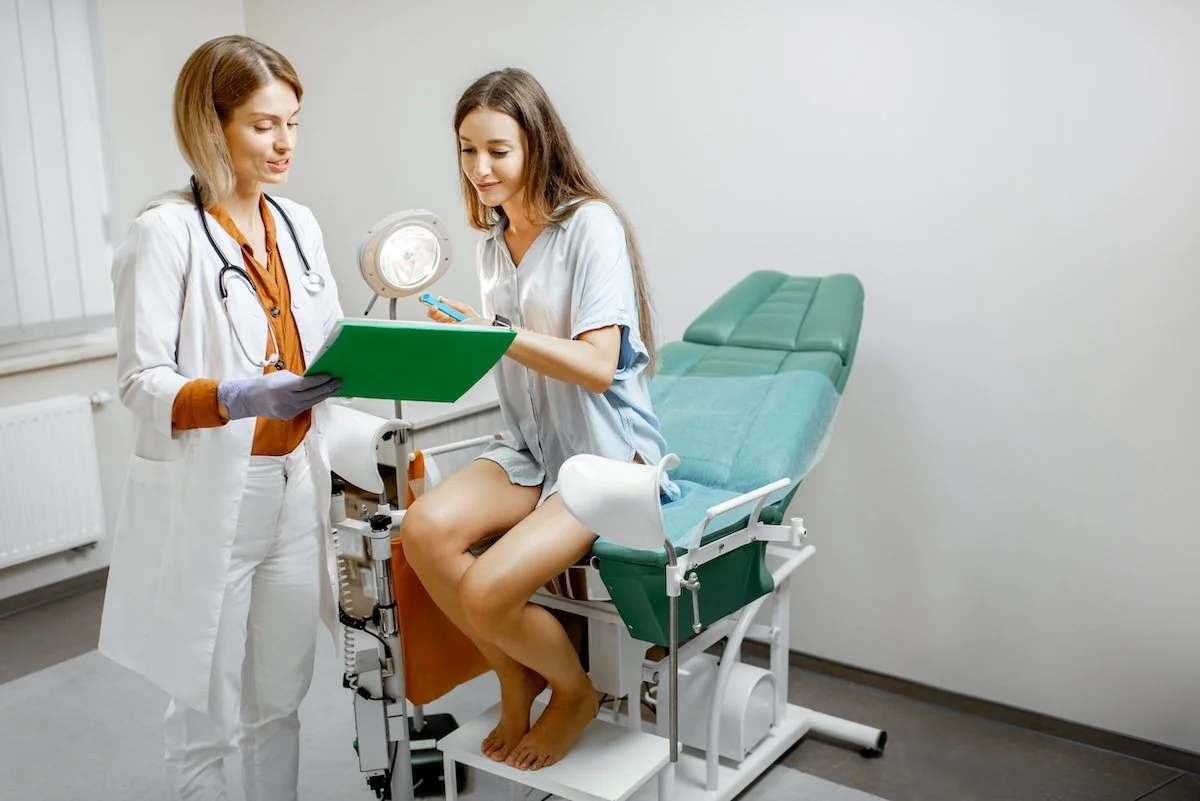Thriving in Your 30s: Essential Preventive Care and Screenings Every Woman Should Know
Your 30s can feel like a whirlwind. Between career growth, family responsibilities, relationships, and social expectations, it is easy to put your own health on the back burner. But this decade is when foundational health decisions matter more than ever. Small issues can snowball if ignored, and lifestyle patterns become more deeply ingrained, both for better and worse.
This stage of life is often described as the “in-between” decade. You may still feel young, but biologically, important shifts are beginning. From stress and hormonal changes to fertility and early signs of chronic conditions, women in their 30s benefit significantly from thoughtful, preventive care.
At Ms.Medicine, we believe that comprehensive women’s health must reflect the realities of women’s lives, especially in a decade where time is limited and expectations are high. Our concierge model allows providers to spend the time needed to offer personalized, proactive care that evolves with you.
Screenings That Shouldn’t Be Skipped
While routine screenings in your 20s focus primarily on reproductive health and establishing baselines, your 30s introduce new priorities:
Cholesterol and Lipid Panel: Heart health often feels like a “later” concern, but the groundwork for cardiovascular disease starts early. A cholesterol check can identify risks before symptoms appear.
Blood Glucose or A1C: This screening detects early signs of insulin resistance or prediabetes, especially important for women with a family history of diabetes or those who had gestational diabetes.
Thyroid Function: Fatigue, weight fluctuations, and anxiety can sometimes point to thyroid dysfunction, which becomes more common in women starting in their 30s.
Pap Smear and HPV Test: Continue every 3–5 years, depending on previous results and your provider’s guidance.
Skin Checks and Mole Mapping: UV exposure adds up. Early detection of moles or skin texture changes is key in preventing skin cancer.
These screenings can be efficiently bundled into your annual physical, which should include a personalized conversation with your provider, not a rushed checklist.
“One of the most powerful things we can do in our 30s is get ahead of preventable health conditions,” says Dr. Lisa Joliat, MD, a menopause and primary care expert at Concierge Medicine of Cincinnati. “So many of the women I see wait until symptoms disrupt their lives. But when we take time to listen, we can intervene much earlier.”
Stress, Sleep, and the Mental Load
Women in their 30s often carry a tremendous mental load—balancing work, family planning, caregiving, and a sense of constant busyness. The result? Chronic stress chips away at energy, sleep, and emotional well-being.
Insomnia or disrupted sleep
Irritability or mood swings
Low libido
Increased anxiety or worry
Exhaustion despite rest
These are not “just life” symptoms. They are signs of a system under strain. Stress in your 30s can trigger longer-term health challenges, including hormone imbalance, weight gain, and chronic inflammation.
“We often underestimate how much cortisol impacts the body,” says Dr. Nick Davis, MD, of Concierge Medicine of Dayton in Ohio. “In concierge medicine, we have the time to track these patterns, offer support for lifestyle change, and use tools like labs and nutrition to address it holistically.”
Mind-body practices like yoga, daily walks, or guided breathing may sound small, but they can be transformative in this decade. So can counseling, medication, or stress-oriented health coaching when needed.
Fertility and Hormonal Conversations
Whether you’re actively trying to conceive, planning for the future, or not interested in children at all, your 30s are a critical decade to understand your reproductive health.
Ovulation patterns may become more irregular in your mid-to-late 30s.
Egg quality begins to decline more steeply after age 35.
Conditions like PCOS or endometriosis may flare up, complicating both fertility and menstrual symptoms.
It’s also a time when women start noticing hormonal shifts, less dramatic than perimenopause but still impactful. Mood swings, heavier or more painful periods, and worsening PMS may signal an imbalance.
“There is no one-size-fits-all reproductive plan,” says Dr. Loree Koza, DO, founder of Manifest Health Concierge Medicine in Lafayette, CO. “Some women are ready for kids. Others are focusing on their careers. Some want to freeze eggs. All deserve care that meets them exactly where they are.”
Concierge providers are equipped to support women across all reproductive goals—whether that’s fertility testing, contraceptive counseling, cycle tracking, or long-term hormone monitoring.
Making Time for Yourself
Time is the currency most women in their 30s do not feel they have. And that scarcity often leads to skipped appointments, inconsistent habits, and a sense that self-care is a luxury rather than a necessity.
Ms.Medicine’s concierge model is designed to change that. With longer appointment times, direct access to your physician, and a care plan tailored to your needs, we help women in their 30s build realistic routines that fit into their lives, not the other way around.
That might mean:
Monthly check-ins via secure messaging
Creating a three-month wellness plan to ease into new habits
Lab work drawn in-office without needing to schedule separate visits
Personalized supplement plans for energy, immunity, or hormonal support
Start Strong and Stay Steady
Your 30s are about planting seeds. The habits you form, the care you receive, and the way you prioritize your body now will shape your future health far more than most people realize. With the right partner, this decade can be one of empowerment, clarity, and confidence.
Download our free Women’s Health in Your 30s Checklist to learn what to ask your doctor, which screenings to prioritize, and how to make the most of your annual physical.
When you’re ready to build a health partnership that puts you first, find a Ms.Medicine provider near you.




